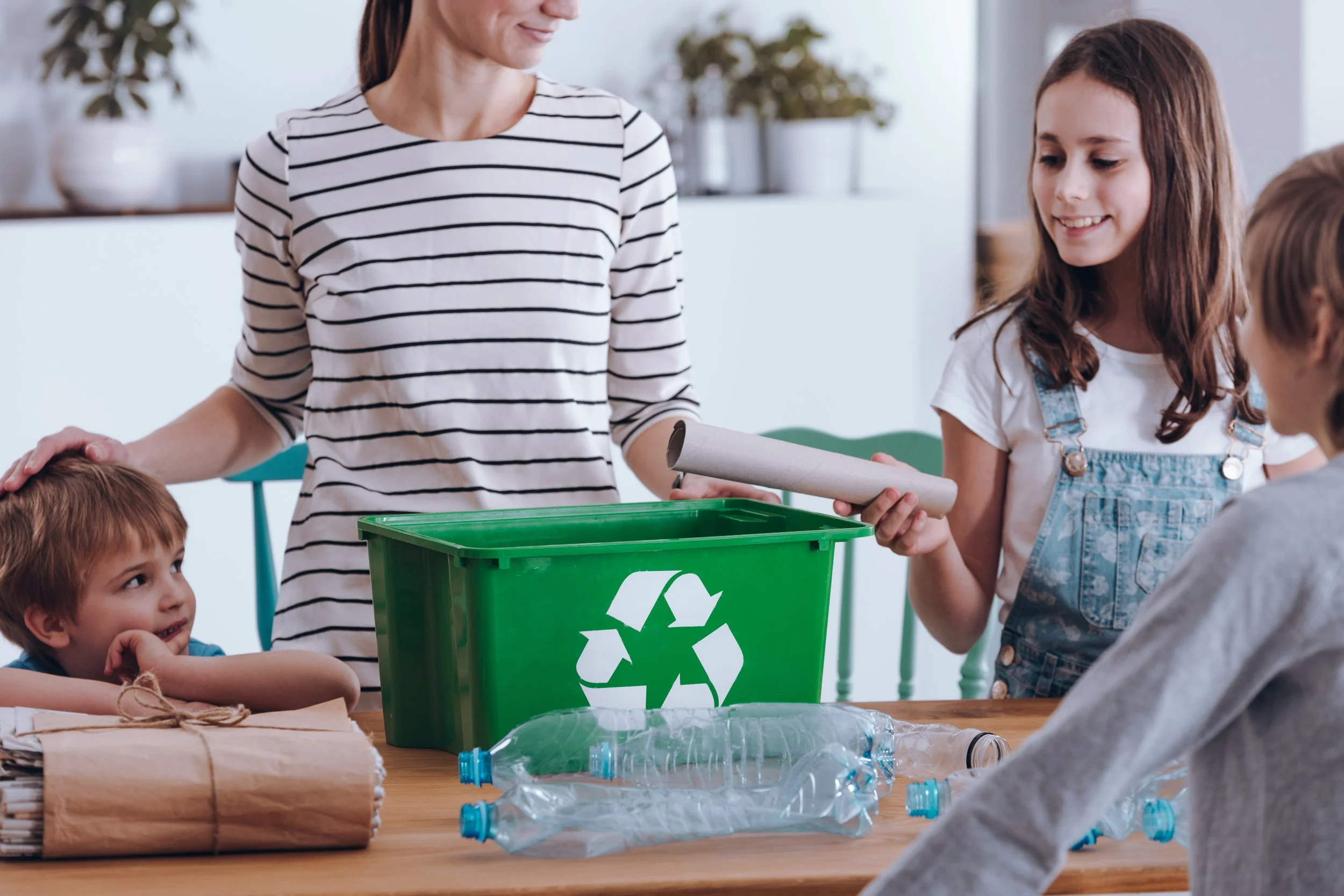Going Green
As the effects of climate change become more and more apparent, people are beginning to understand the importance of going green or sustainable living. Even though big projects like installing solar panels or purchasing an electric vehicle are great ideas, you can start today with many smaller projects that are eco-friendly. Little things that don't cost a lot of money add up to be huge savings for the earth's resources. Live in harmony with nature and your budget with these tips to integrate sustainability into your lifestyle.
Conserve energy
Reduce the demand for natural resources and gain control over your energy bill with the following tips.
Use LED or CFL lightbulbs instead of incandescent lights.
Air-dry clothes and dishes whenever possible.
Set your refrigerator to 37 degrees Fahrenheit and your freezer to 3 degrees Fahrenheit.
Use smart outlets, smart switches, and smart power strips that have a standby mode.
Set the thermostat on your hot water heater to 120 degrees Fahrenheit. (Most are set at 140 degrees Fahrenheit.)
The biggest energy guzzler in most homes is heating and air conditioning. You can save energy and money by keeping your HVAC in top-notch condition with regular maintenance and servicing by professionals like those at Airtron.
Clean or replace HVAC filters as recommended. Wear lighter clothing indoors in summer and heavier clothing in winter and set the thermostat to 78 degrees Fahrenheit in summer and 68 degrees Fahrenheit in winter. Seal gaps around door frames, windows, and other areas. Consider adding a layer of insulation to the attic or basement.
Water conservation
Global warming, population growth, and over-development are already putting a strain on water supplies. Many communities are now implementing water restrictions. There are many small things you can do to conserve water at home.
In the kitchen and laundry room, only use your dishwasher and washing machine when you have a full load. Reuse cooking water for watering plants. Look for and repair leaks around the refrigerator, washing machine, and underneath the sink.
In the bathroom, turn off the water while brushing your teeth. In addition to quicker showers, install a low-flow showerhead. Install a low-flow or dual flush toilet. Look for and repair any leaks in the bathroom.
No matter where you live, you can conserve water outdoors and protect the environment by choosing plants native to your area. They typically require less water, fertilizer, and pesticides.
Conserve rainwater by installing a rain barrel for outdoor watering. Avoid watering your lawn during peak periods.
Reduce, reuse, recycle
Most people are already recycling plastic, glass, metals, and paper, and many communities incorporate recycling into their garbage pickups. Here are some less common ways you can reduce waste at home.
Re-gift and donate
Use food waste to feed your garden
Ditch plastic water bottles for a reusable one
Transform old things into new ones
With a little research, you can find even more ways to conserve resources and protect the environment. Follow TheHomeMag on Facebook and Instagram.

